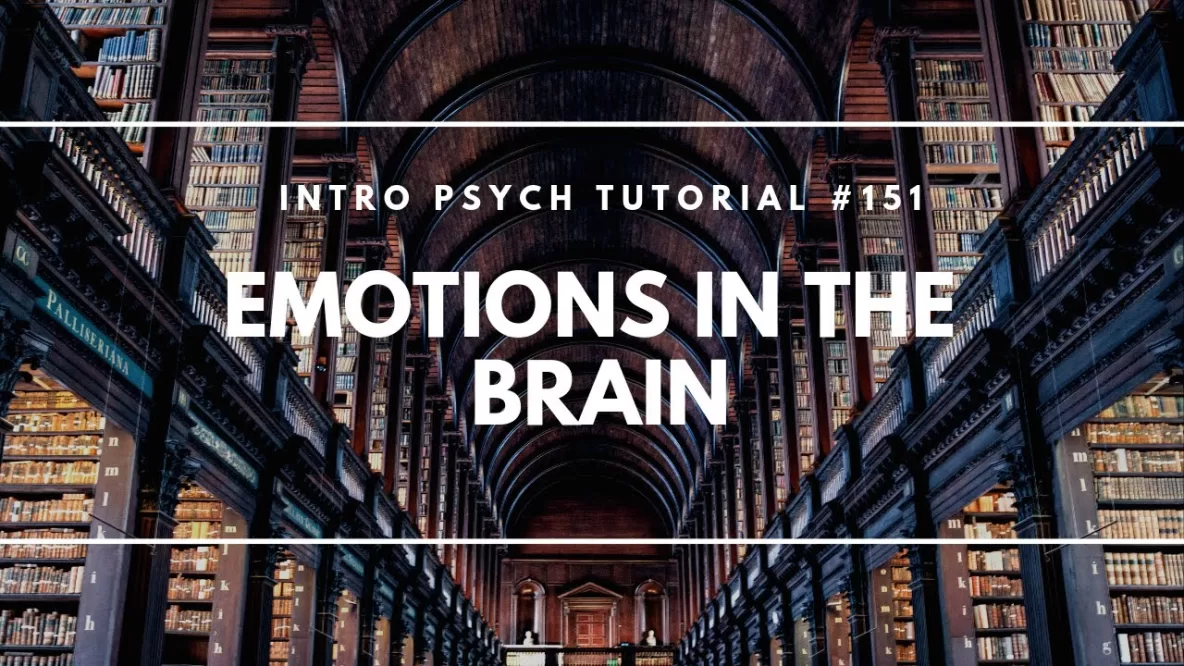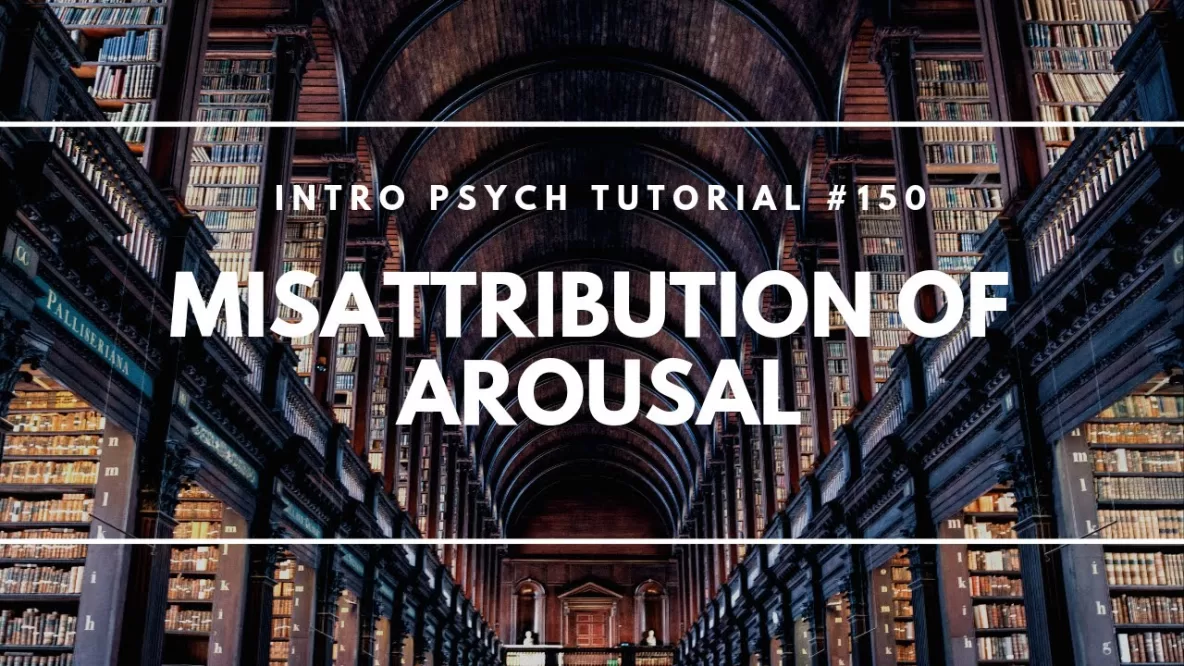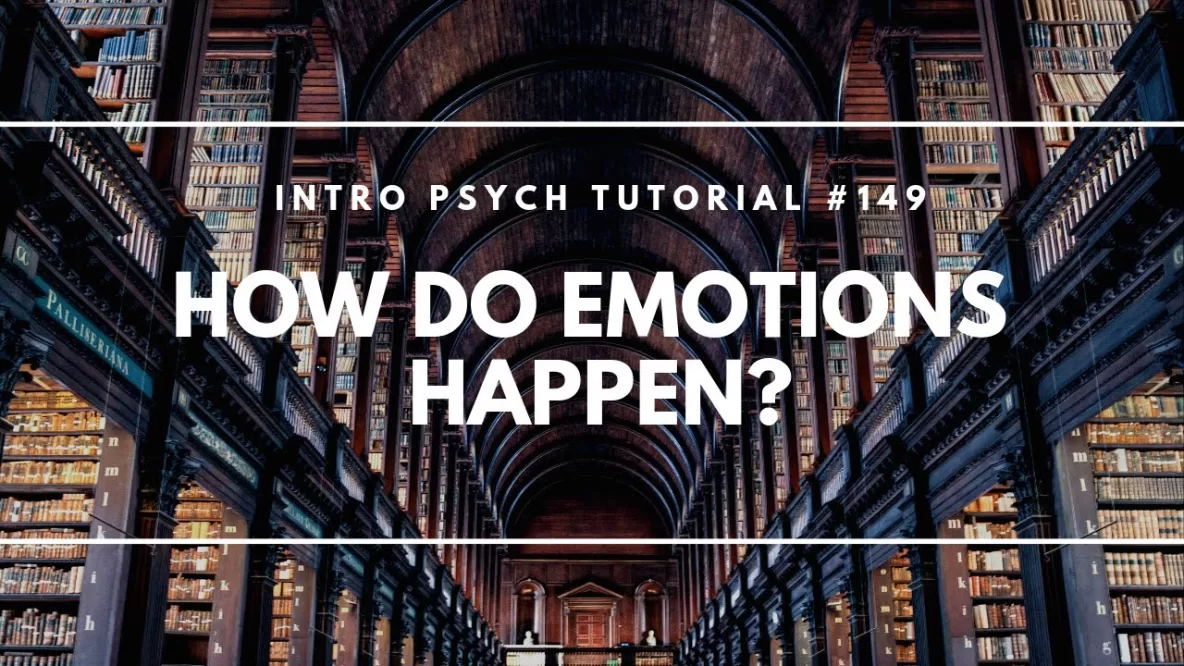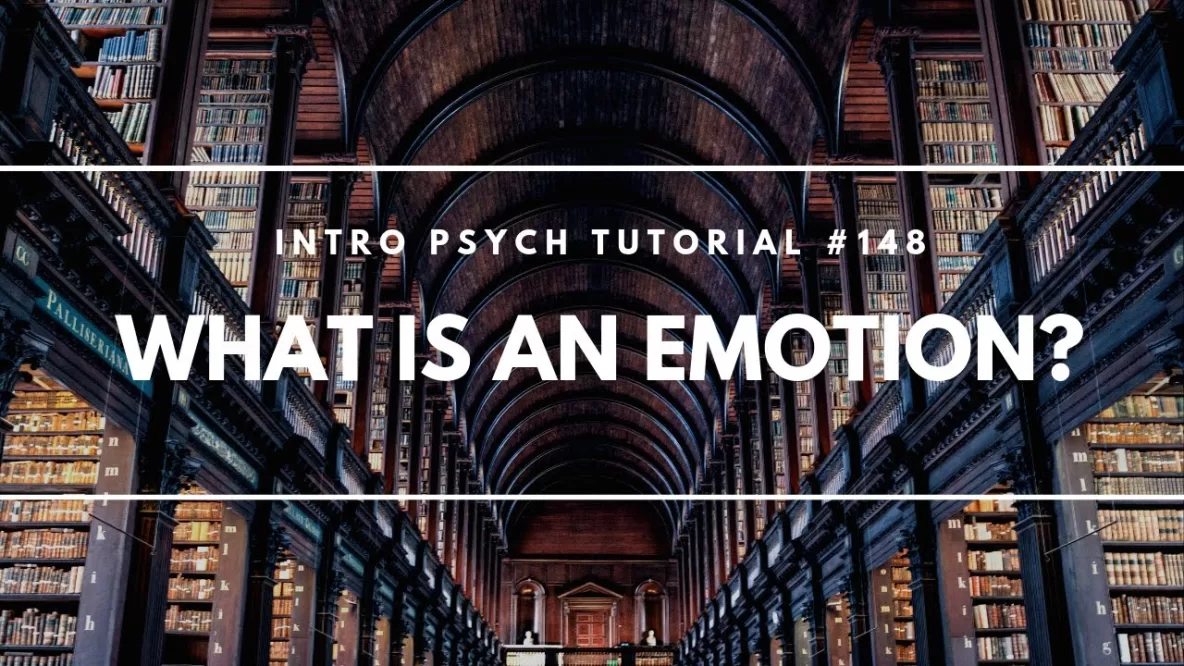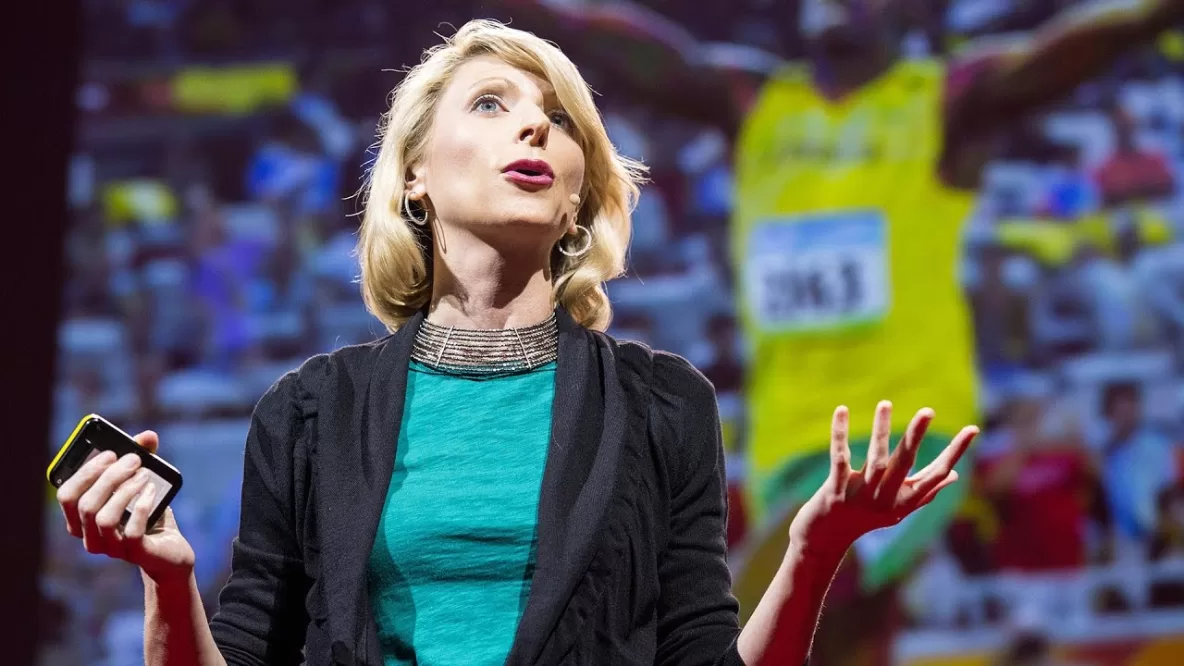In this video I describe two early studies looking at the role of brain structures in emotion processing; work by Heinrich Kluver & Paul Bucy, and James Olds & Peter Milner. These studies helped to identify the role of structures … Read More
Misattribution of Arousal
In this video I explain the idea of misattribution of arousal; when people misinterpret their physiological arousal, which may cause them to mislabel their emotional experience. I explain how this was demonstrated in Schachter & Singer’s study (discussed in the … Read More
How Do Emotions Happen?
In this video I describe 3 different theories of emotion which attempt to explain how emotional experiences occur. The James-Lange theory proposes that a stimulus causes physiological arousal which in turn causes the emotion. The Cannon-Bard theory of emotion proposes … Read More
What is an Emotion?
In this video I introduce the concept of multidimensional scaling to investigate emotions more objectively. This approach involves considering emotional experiences on two dimensions; valence and level of physiological arousal. Valence refers to how strongly an emotion is experienced as … Read More
Emotion & Motivation Knowledge Organizer
Here’s a knowledge organizer I’ve created of the most essential terms for emotion and motivation in an introductory psychology course. These knowledge organizers are designed to help you identify the most important factual knowledge you need to have in order … Read More
Approach and Avoidance Motivations
Another way of categorizing motivations is to consider them as either approach motivations or avoidance motivations. An approach motivation is a drive to experience a positive outcome, while an avoidance motivation is a drive to not experience a negative outcome. The … Read More
Key Terms for Emotion & Motivation
Download a free pdf of this key terms list here: Emotion-and-Motivation-Key-Terms Find explanations and examples of all of these key terms and more here: Master Introductory Psychology: Complete Edition multidimensional scaling valence physiological arousal James-Lange Theory of Emotion … Read More
Amy Cuddy on Power Posing
This is one of my favorite TED talks from a few years ago and I just realized that I never posted it here. In this video, Amy Cuddy discusses her research (and personal experience) in how our body language influences … Read More

